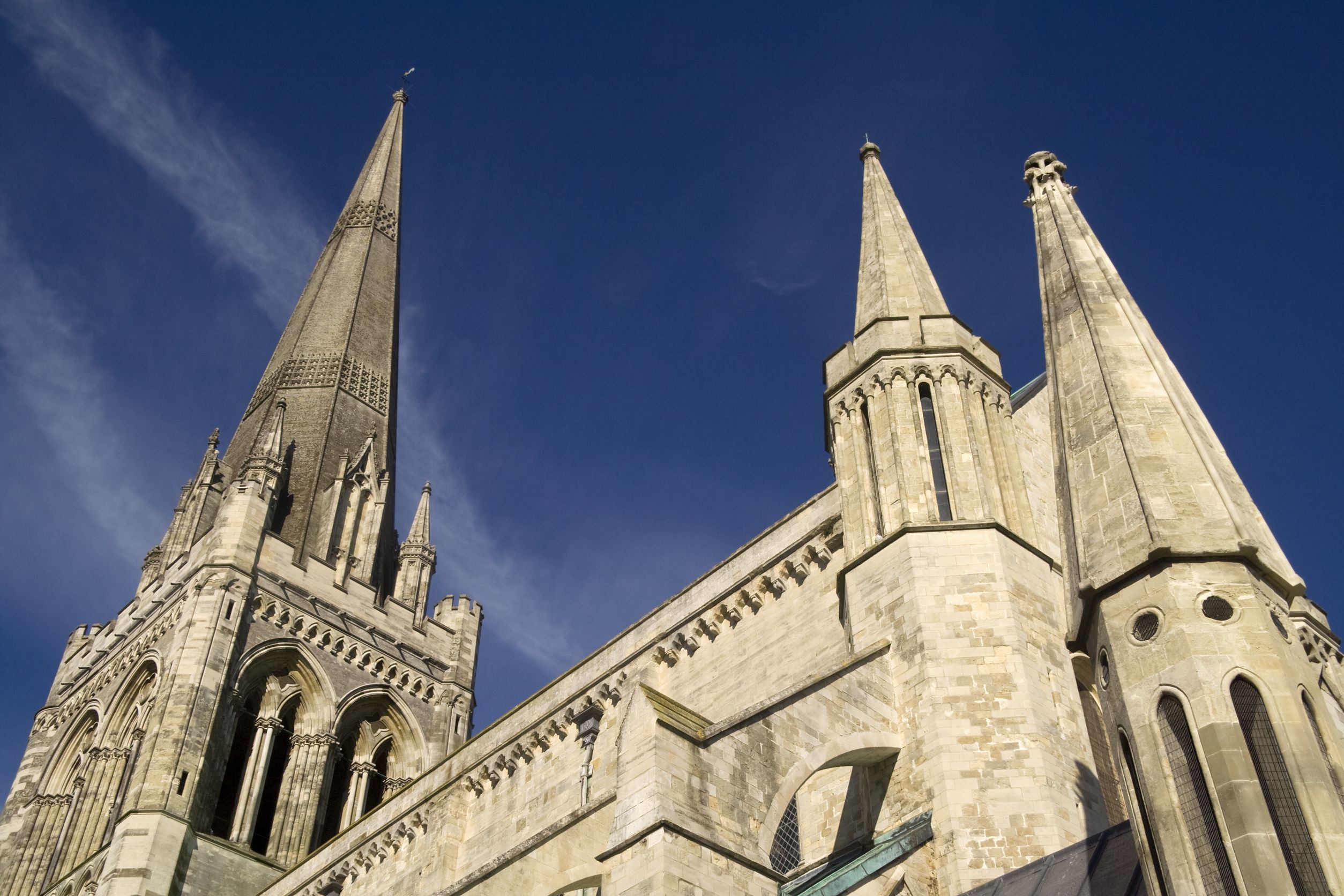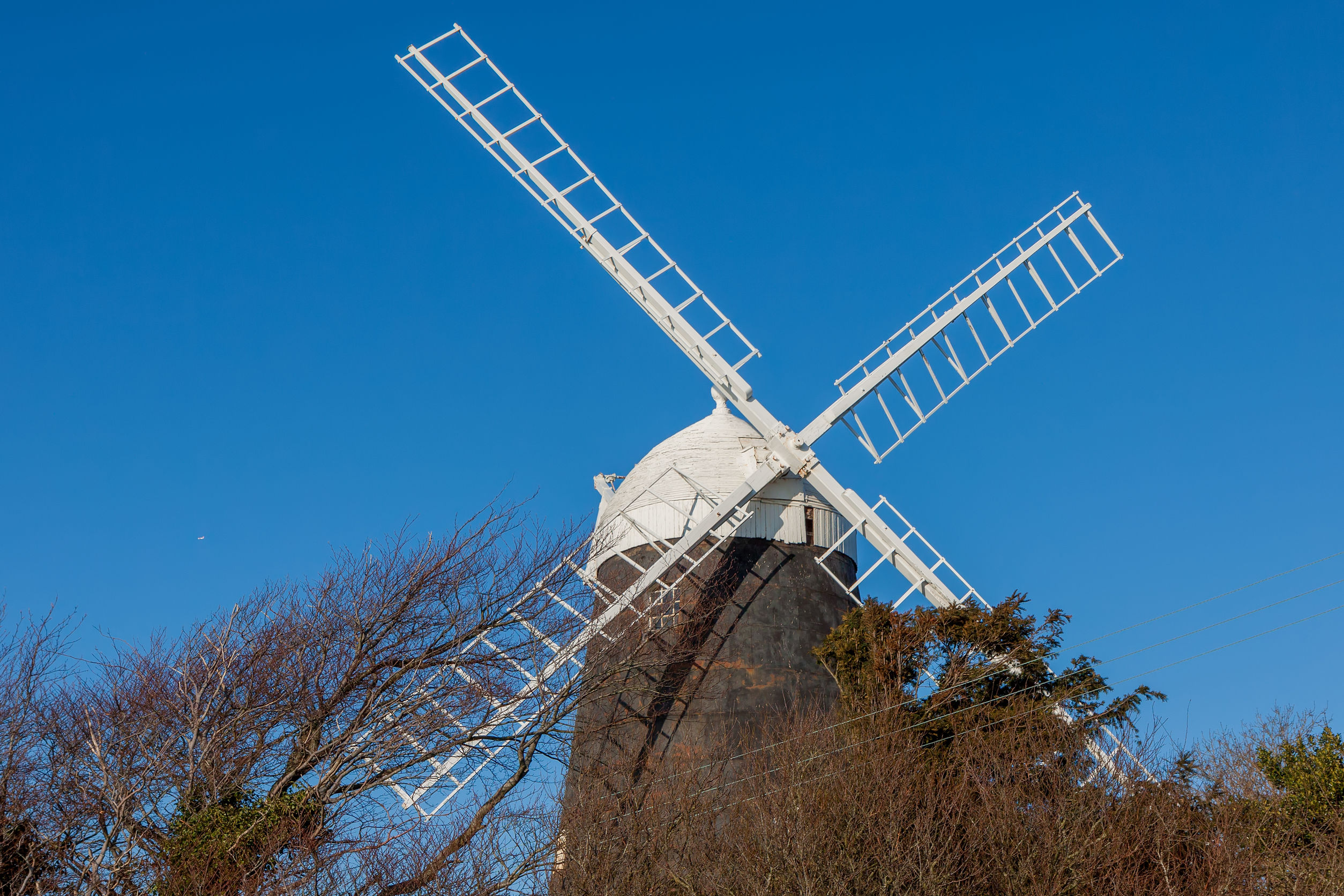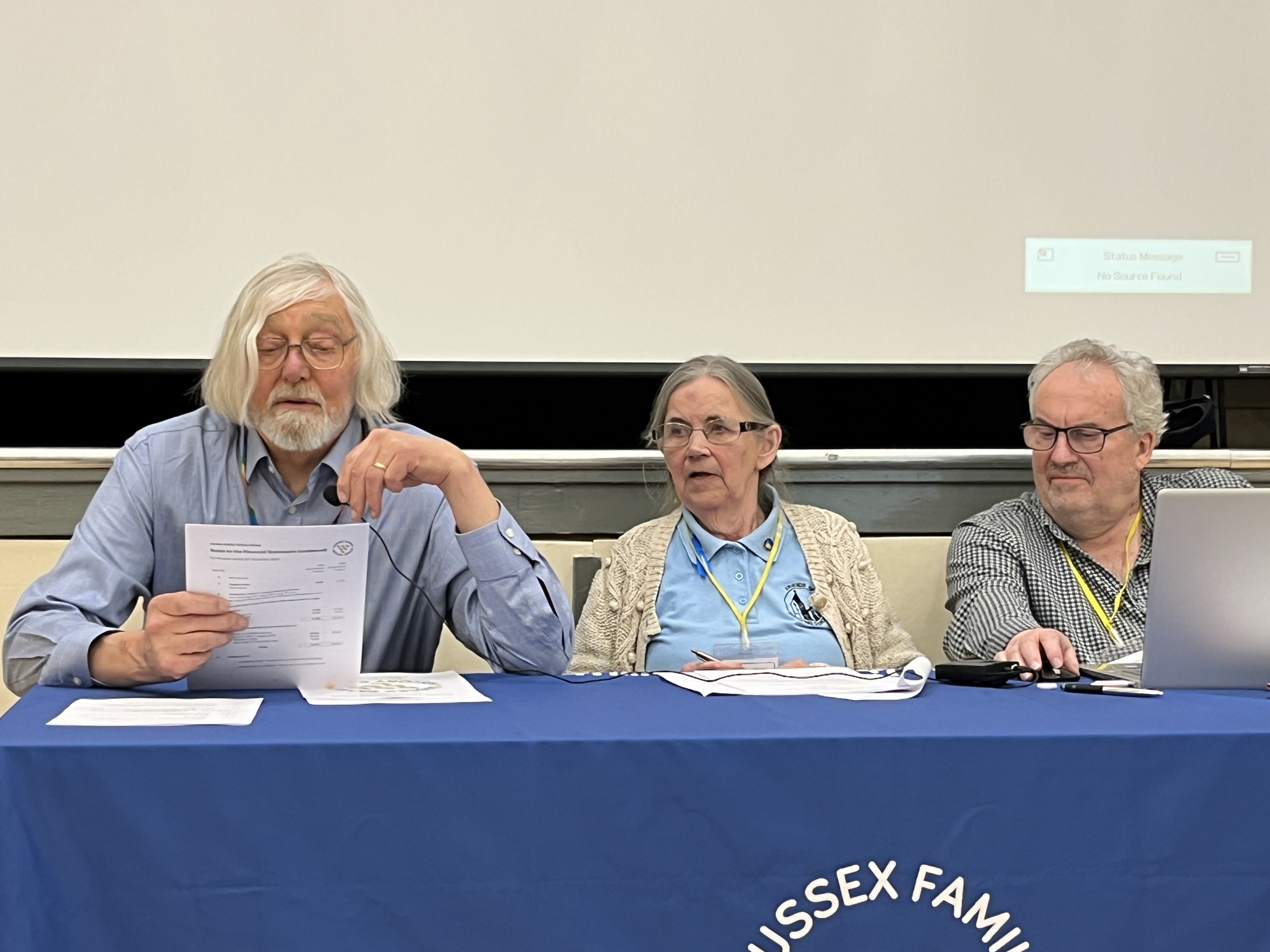
Explore your roots
With over 3,000,000 records

Explore your roots
With over 3,000,000 records

Explore your roots
With over 3,000,000 records

Explore your roots
With over 3,000,000 records
The 2026 Conference and AGM will be held on Saturday 18th April and will be held at the
Community Centre, Foster Lane, Ashington, RH20 3PG.
Bookings now open!
##############################################
How about a Staycation?
If you are travelling to the Conference from outside Sussex, you may like to extend your visit. You could explore where your ancestors lived, as well as spending time in the East and West Sussex Record Offices. And, of course, there is the SFHG Library.

